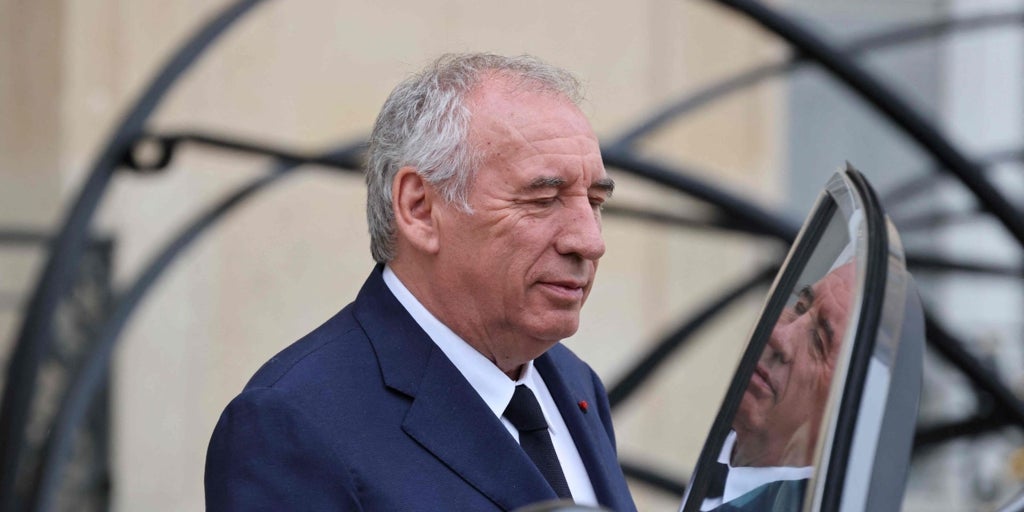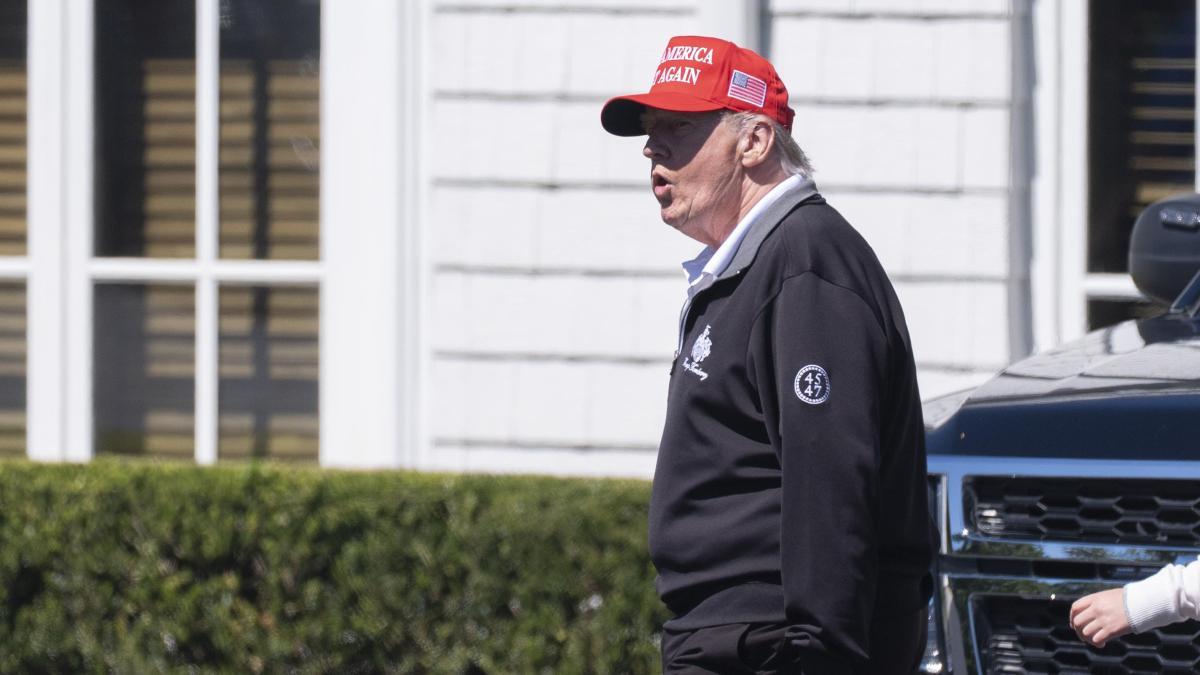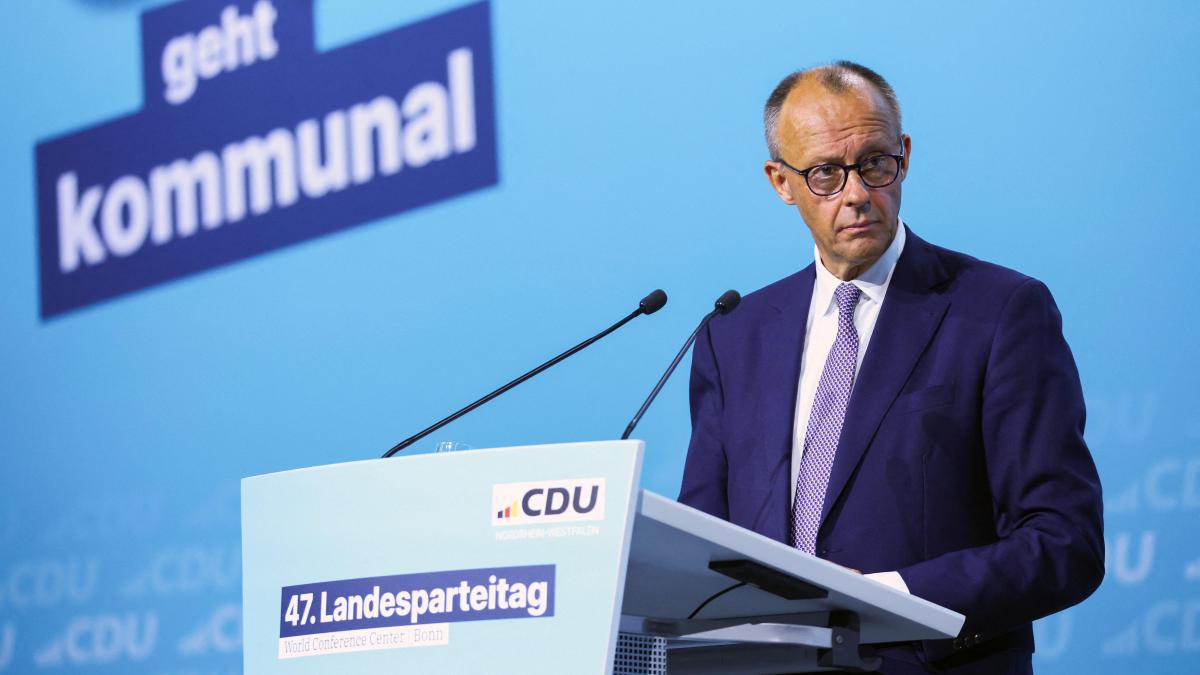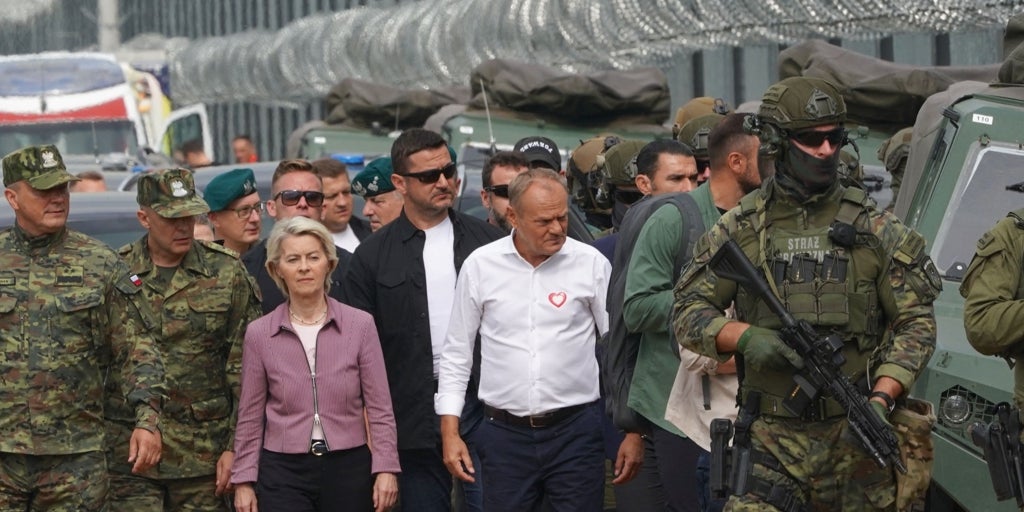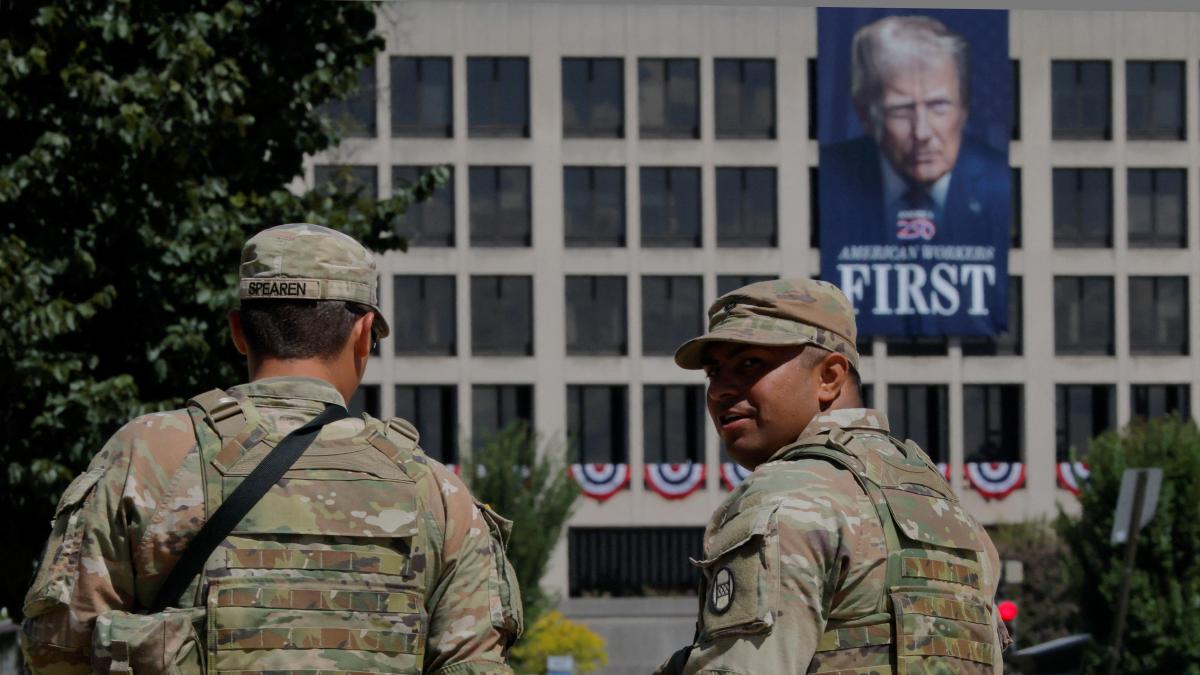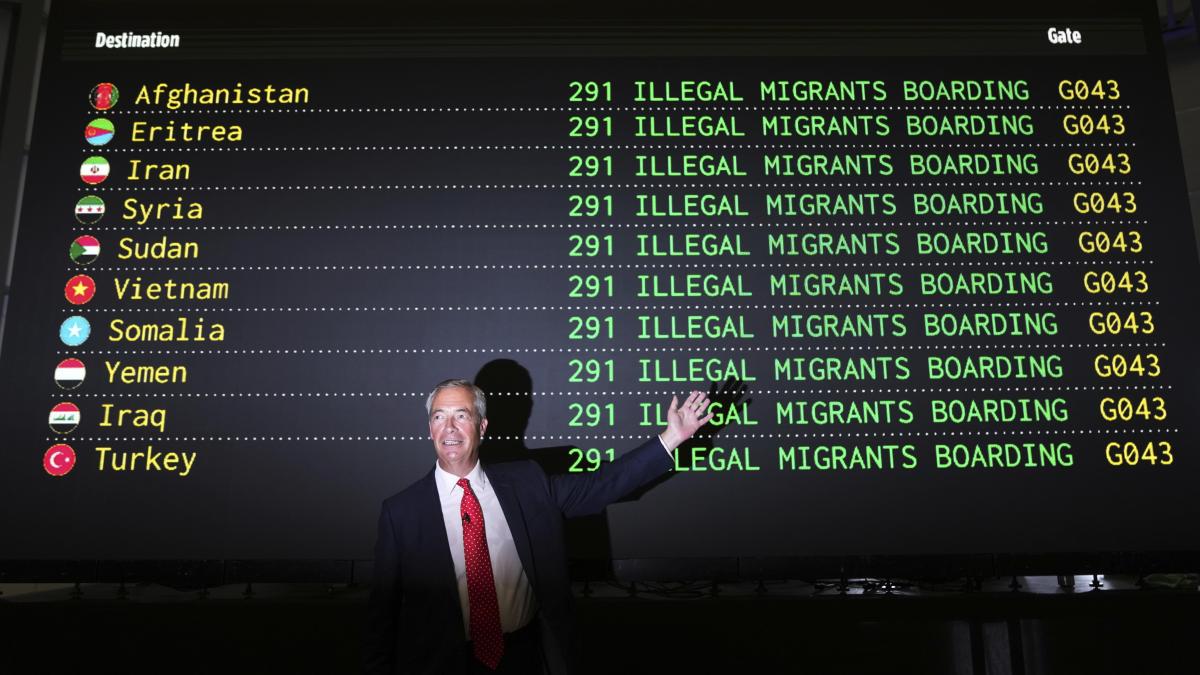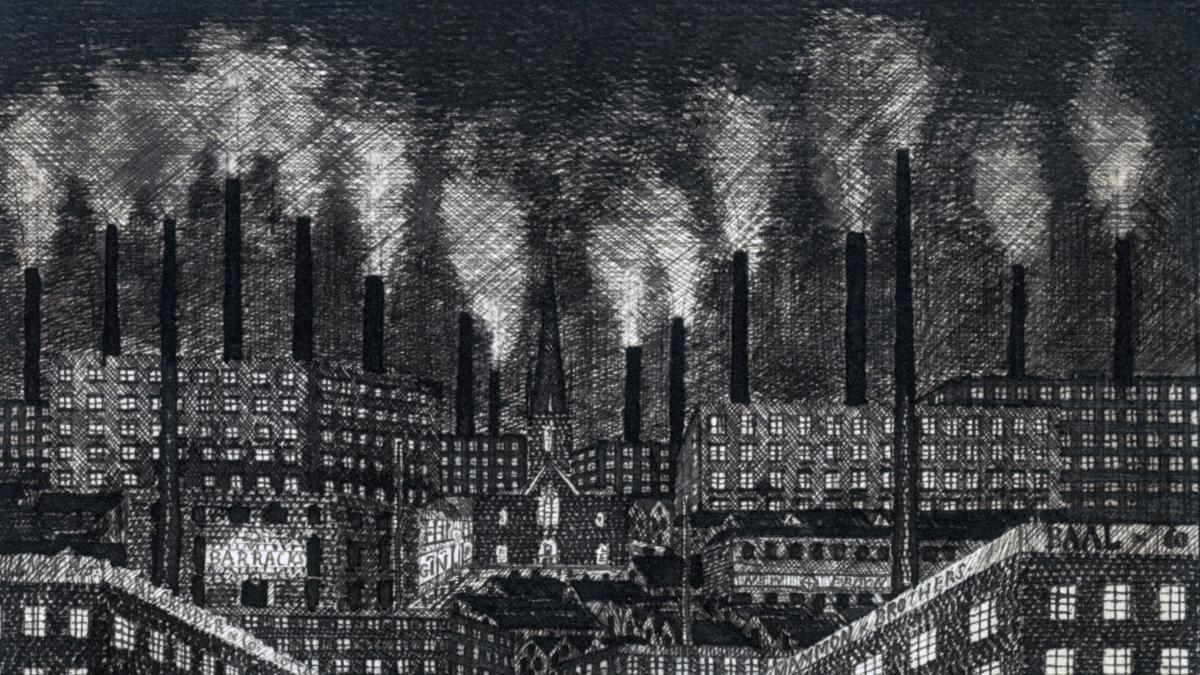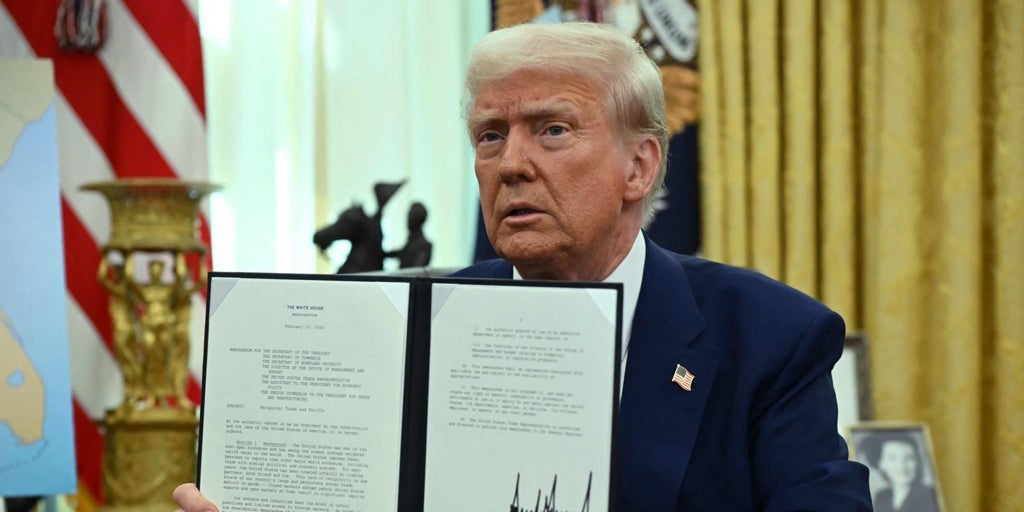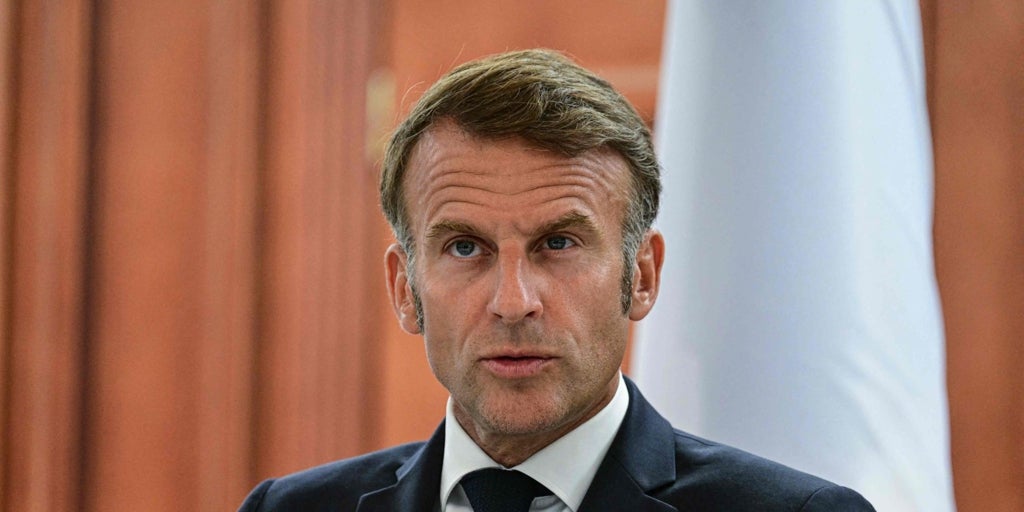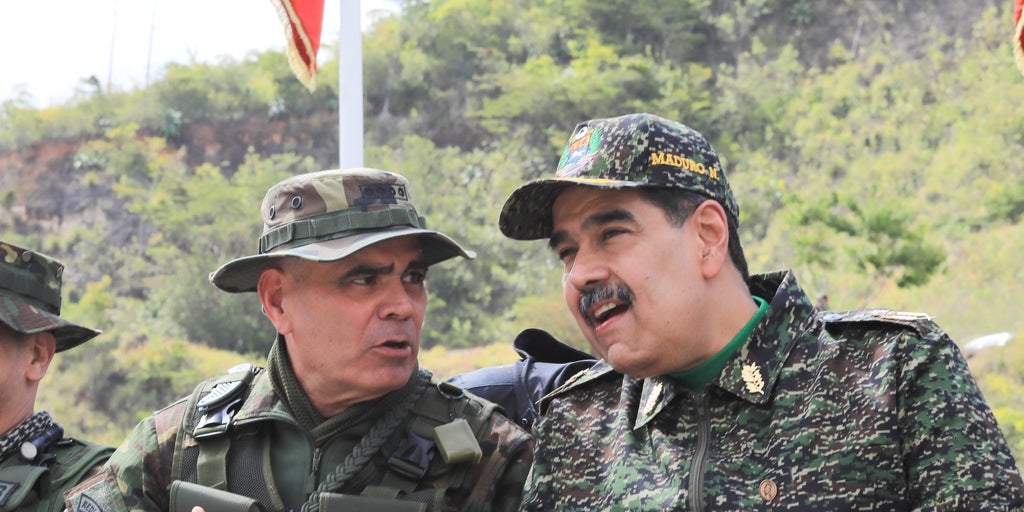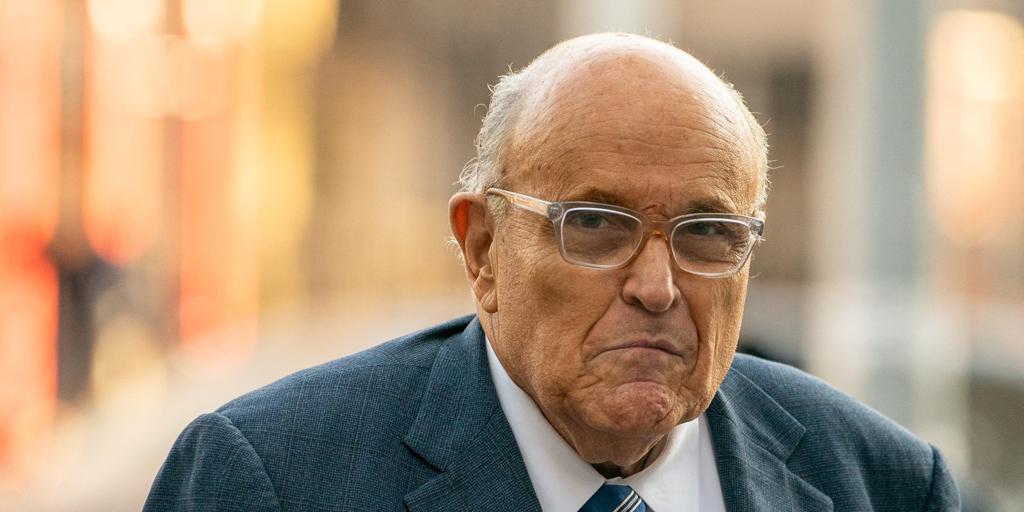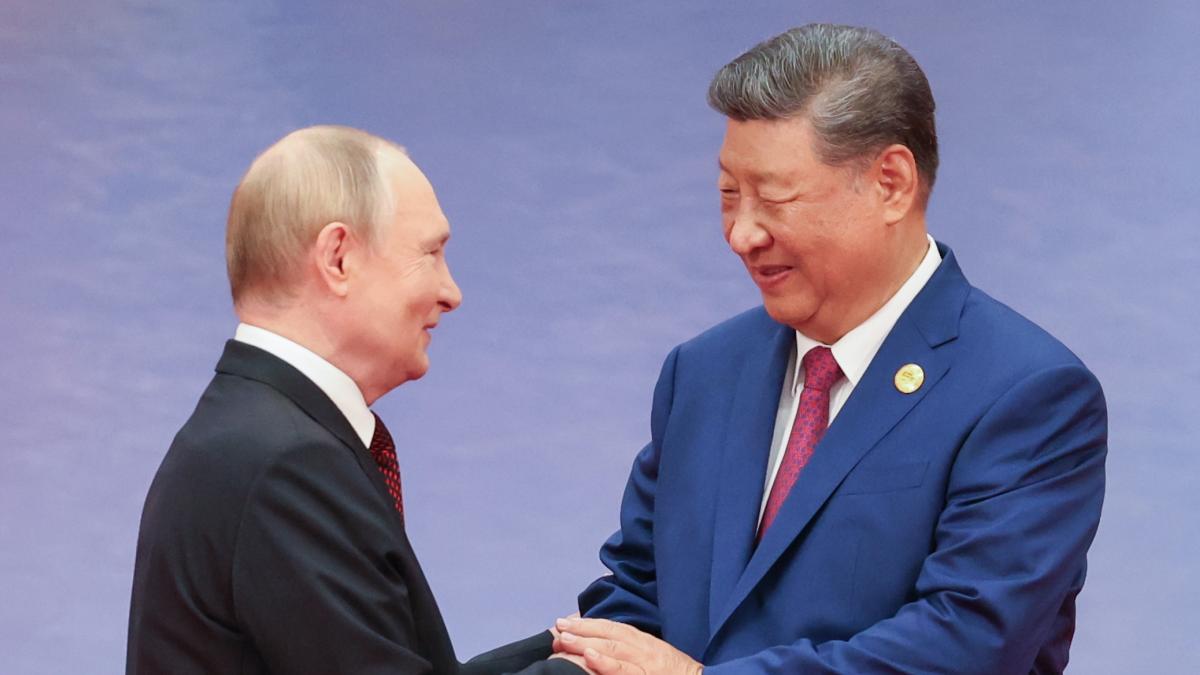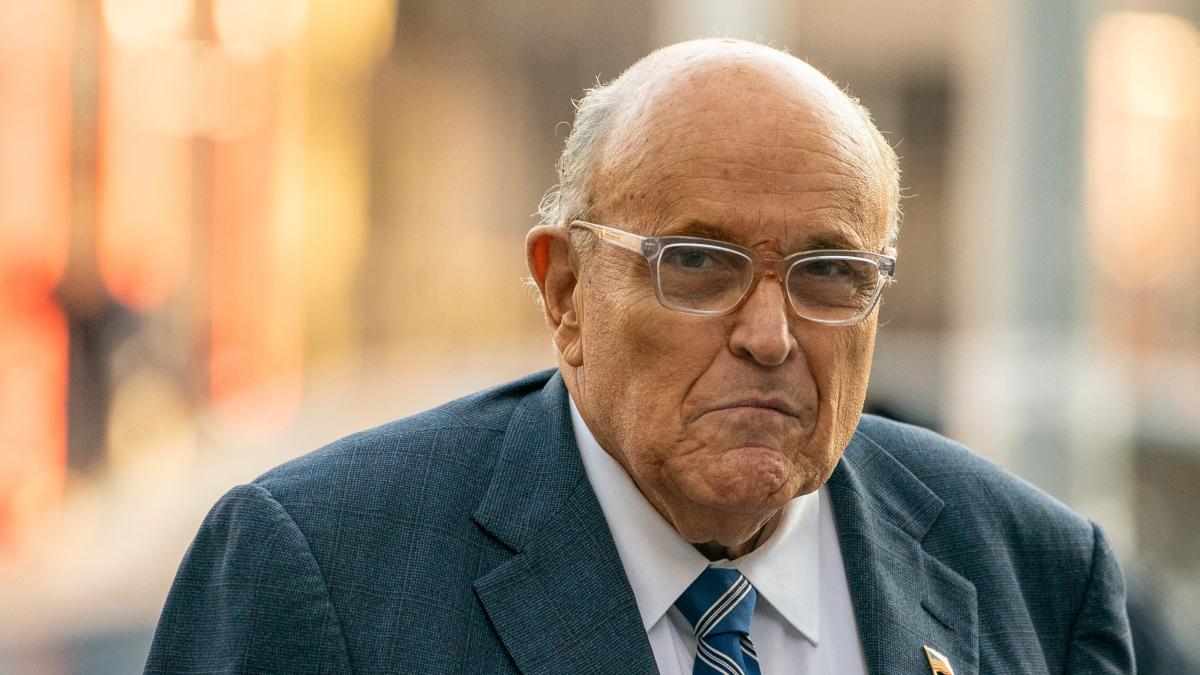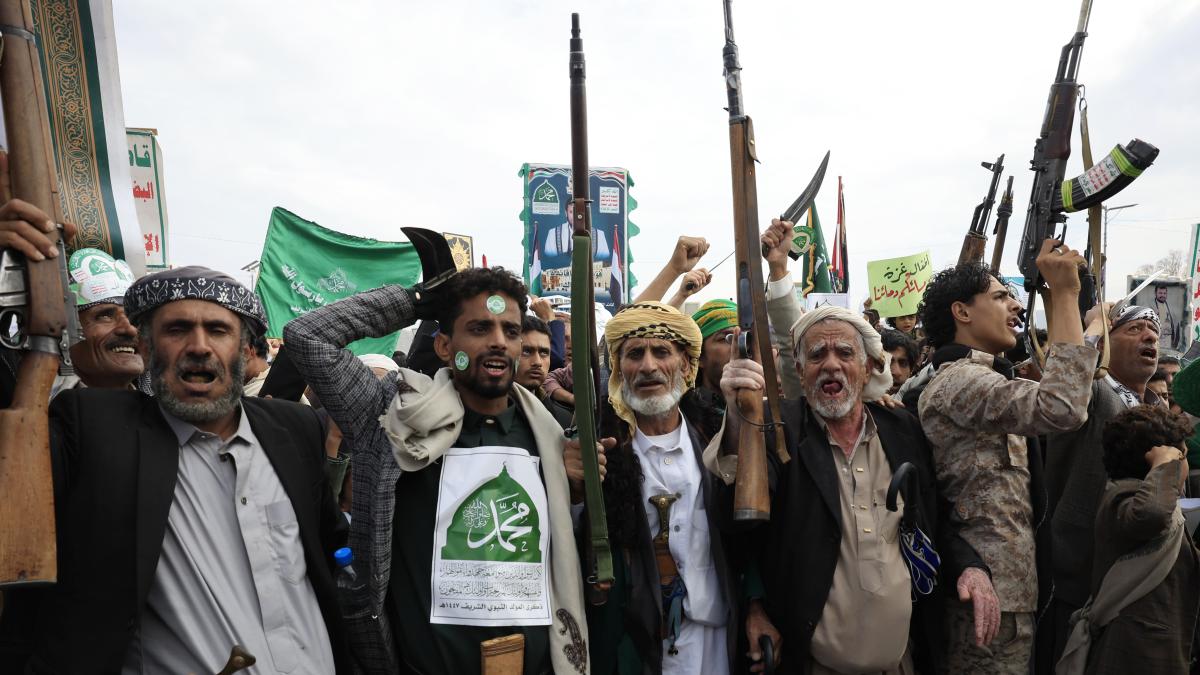Amid escalating tensions over its nuclear ambitions, Iran has once again found itself in the crosshairs of international scrutiny. During a recently held board meeting of the International Atomic Energy Agency (IAEA), Iranian Foreign Minister Abbas Araghchi delivered a stark warning to Germany, France, and the United Kingdom regarding their critical resolutions aimed at the Iran nuclear program.
The IAEA “verified” last week “that Iran had begun preparations aimed at curbing the increase in its stockpile of enriched uranium.”
Echoing his frustrations, Araghchi asserted that the proposed resolution put forth by these European powers would not only violate diplomatic protocols but also exacerbate the ongoing negotiations surrounding Iran’s nuclear program. Calling it a deeply troubling decision, he insisted that such actions would only further complicate existing disputes.
Last week, the IAEA confirmed that Iran had initiated preparations aimed at curbing the alarming increase of its enriched uranium stockpile, which has reached alarming levels close to a critical 90% threshold—the amount necessary to construct a nuclear weapon. However, Tehran has repeatedly insisted that its nuclear objectives are strictly for peaceful purposes, primarily focusing on energy production.
As tensions mount, the implications of a potential resolution condemning Iran’s nuclear activities loom large over the international community. Both the United States and several European nations are reportedly preparing a resolution that would condemn Tehran for its lack of cooperation, as suggested by various diplomatic sources. In anticipation of this, Iran’s rhetoric has intensified, with officials declaring that approval of such a resolution would trigger immediate and potentially severe countermeasures that would undoubtedly provoke displeasure among Western nations.
But what are the stakes involved in this escalating conflict? At the heart of this issue lies Iran’s contentious relationship with the IAEA and broader geopolitical dynamics revolving around nuclear proliferation. The IAEA, in its mission to monitor nuclear programs globally, is governed by a foundational goal of inhibiting the atomic ambitions of member nations. Established in 1957, the organization seeks to ensure that nuclear energy is utilized solely for peaceful purposes while deterring military applications.
The backdrop of these current events can be traced back to Iran’s nuclear program origins in the 1950s when it was initiated with the assistance of the United States under the Atoms for Peace initiative, aimed at promoting nuclear energy utilization. However, a complete transformation occurred following the 1979 Iranian Revolution, which led to unprecedented secrecy and evasive maneuvers surrounding Iran’s nuclear ambitions.
The IAEA’s pivotal role in assessing Iran’s compliance with international agreements has faced substantial challenges—especially following the U.S. withdrawal from the landmark 2015 Joint Comprehensive Plan of Action (JCPOA). The JCPOA was designed to restrict Iran’s nuclear activities, but subsequent breaches and accusations of concealed weaponization efforts have plunged international relations into utter disarray.
In October 2023, reports revealed that Iran had amplified its uranium stockpile to a staggering 22 times beyond the limits established in the 2015 agreement—an alarming development that underscores the urgency of addressing this volatile situation. Yet, even amidst this intensification, Iran maintains its longstanding position that its nuclear endeavors are directed solely towards peaceful civilian projects.
The persistent confrontations between Iran and Western powers underscore a broader narrative surrounding global nuclear proliferation. The stakes are undeniably high, as one misstep could usher in unforeseen military confrontations and exacerbate existing international conflicts.
Despite Iranian officials warning against intrusive resolutions, the reflexive responses often observed among Western powers could potentially undermine diplomatic channels essential for genuine progress towards nuclear disarmament.
To gain more context, it is crucial to delve deeper into the discourse surrounding Iran’s nuclear intentions. Many analysts argue that Iranian leaders are motivated by a need to fortify regional power and exert greater influence amidst a landscape punctuated by escalating threats. Thus, as they pursue advanced capabilities, the world must grapple with pressing questions about non-proliferation and the ramifications of unchecked nuclear expansion.
The path forward remains contentious; Iranian officials are likely to reject any notions of deterrent provisions or expanded restrictions. The complexities surrounding Iran’s nuclear file necessitate navigating a labyrinth fraught with risks, suspicions, and long-standing geopolitical rivalries. As the incoming months unfold, the imminent repercussions of any resolutions proposed at the IAEA will have lasting impacts well beyond the immediate region.
The narrative surrounding Iran’s intentions in the realm of nuclear energy is far from linear. With both regional and global stakes at play, observers are compelled to watch intently as diplomatic negotiations continue amid an environment characterized by hostilities and mistrust.
As the drama unfolds, the global community must remain vigilant and strategic in mitigating risks associated with nuclear proliferation. It is imperative that robust diplomatic engagement is prioritized to circumvent the dire consequences that could emerge from nuclear escalation—as emphasized by Foreign Minister Araghchi’s stark reminder, “It will only complicate things more.”


